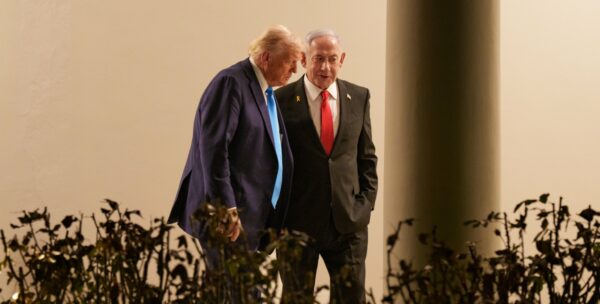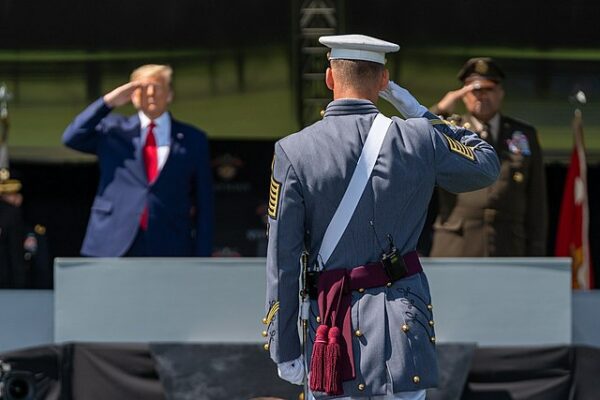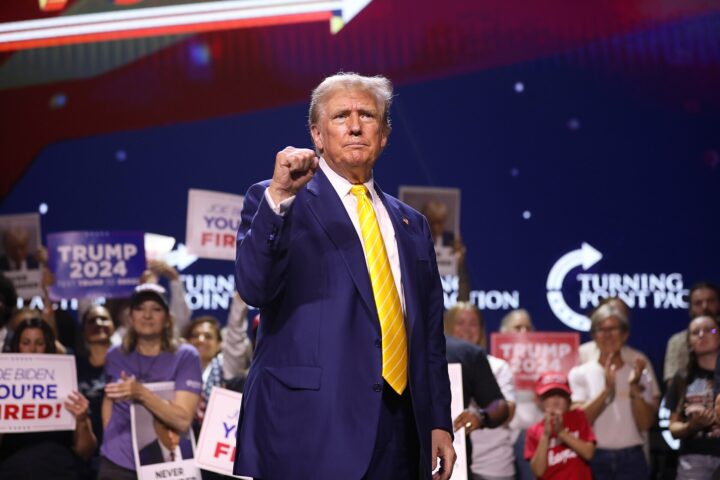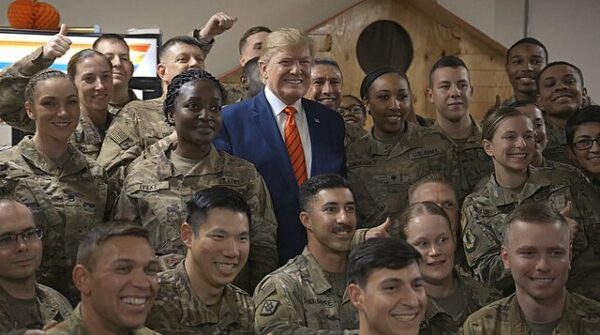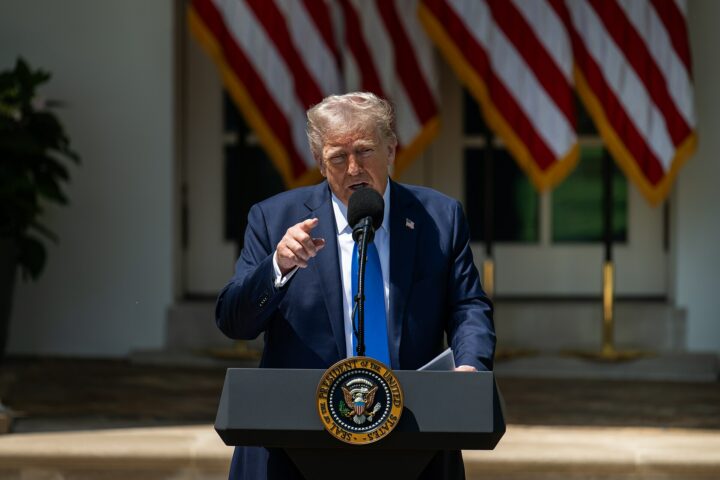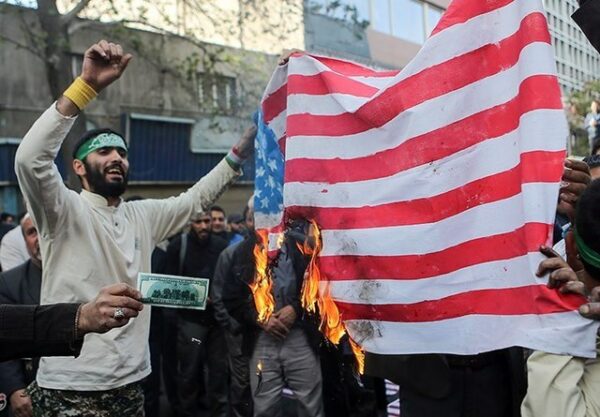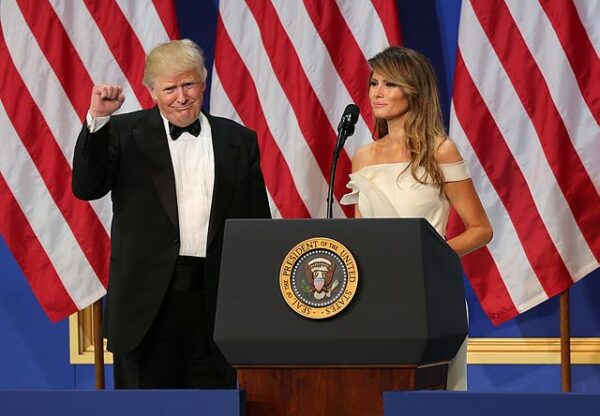President Donald Trump has never hidden his desire for a Nobel Peace Prize. His supporters say he’s earned it; his detractors scoff. But one veteran diplomat argues that if Trump ends the wars in Ukraine and Gaza—two of the decade’s deadliest conflicts—he could justly claim the honor.
Brett McGurk, a former U.S. envoy under four presidents and now a CNN analyst, said Trump “inherited chaos” but may yet convert it into peace. Success, he suggested, could make the Nobel committee’s decision “impossible to ignore.”
In Ukraine, McGurk described a framework emerging after a failed Russian offensive that cost more than 20,000 troops. The plan rests on two pillars: NATO-backed security guarantees for Kyiv and limited border adjustments along current front lines. Ukraine, he said, would tie any territorial concessions to firm defense assurances, while Moscow would demand recognition of its gains.
Sustained U.S. aid—especially long-range weapons—and harsher sanctions could push Russia toward talks, McGurk noted. Europe, meanwhile, is considering using $300 billion in frozen Russian assets to fund Ukraine’s recovery. With Russia’s economy under strain and more than a million military casualties, he said, “a negotiated endgame” could arrive before next year’s Nobel deliberations.
"I do feel that we are now in the endgame of this war": CNN Global Affairs Analyst Brett McGurk looks at what still needs to happen to bring the Gaza conflict to a close. pic.twitter.com/rG9Jt6RC8a
— Anderson Cooper 360° (@AC360) October 4, 2025
The Middle East could offer Trump an equally dramatic breakthrough. A fragile Gaza ceasefire collapsed in March, plunging the region back into violence. Trump’s new 20-point plan—drafted with Steve Witkoff and Jared Kushner—revives elements of the earlier truce. Under it, Israel would renounce claims to Gaza while Hamas would surrender control, release all captives, and disarm.
The proposal has drawn support from Israel and major Arab and Muslim nations including Saudi Arabia, Qatar, and Egypt. McGurk, who helped broker prior ceasefires, called it “a viable path to a post-Hamas Gaza.” Talks in Cairo continue, but he warned Hamas may stall on disarmament. Trump has pressed for compliance, warning that “further postponements will not be tolerated.”
The New York Times wrote that “the indirect talks between Israel and Hamas, mediated by the United States, Qatar and Egypt, are likely to focus on two aspects of Mr. Trump’s 20-point proposal: exchanging Israeli-held Palestinians for captives, and an Israeli pullback from parts of Gaza.
Israel believes that about 20 hostages are still alive in Gaza, and also seeks the remains of about 25 others. Secretary of State Marco Rubio told Fox News Sunday that Hamas had “agreed to the president’s hostage release framework.”
Under that plan, the hostages will be exchanged for 250 Palestinians prisoners serving life sentences and 1,700 Gazans jailed by Israel during the war. For every hostage whose remains are released, Israel will also release the remains of 15 Gazans.”
Even partial implementation, McGurk said, could carve out zones of stability and pave the way for Palestinian self-rule. The Nobel Peace Prize will be announced October 10, with the ceremony in December. Though recognition this year is unlikely, McGurk said Trump could emerge as a frontrunner for 2026—the award’s 125th anniversary—if he delivers peace on both fronts.

